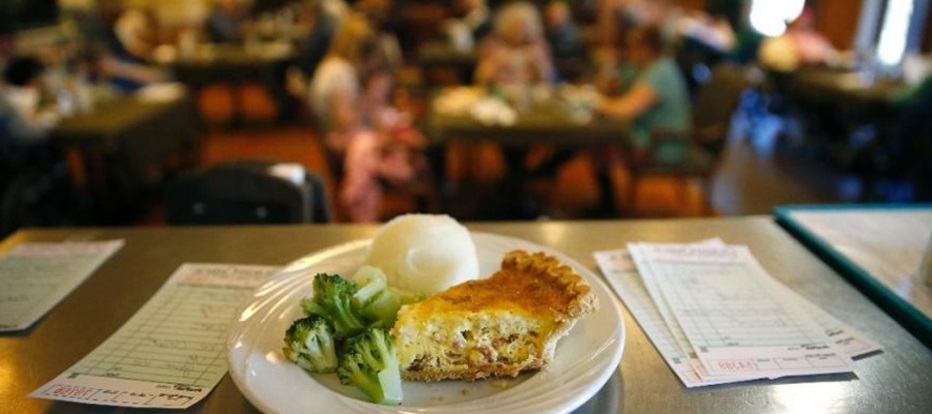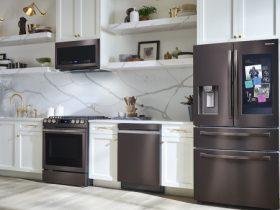Creativity is key in winning people in the food industry. This is according to Sunny Vista Living Center in Colorado Springs chef Willard who attends to a variety of individuals. Willard is the food service director at the nursing home. He has been praised for coming up with excellent gluten-free pancakes that seem to be a hit with most residents.
Sunny Vista Living Center joins a myriad of other nursing homes that have chosen to follow an individual approach to serving food. They observe individuals tastes and preferences in their meals servings, including the time to eat. The centre joins the over 15,600 nursing homes who seem to be ditching the rigid menu approach from the past.
What’s more, the government seems to be encouraging these nursing homes to come up with menus that incorporate different aspects. Top on the list of considerations is religion, culture, preferences, and ethics. But that is not all there seems to be empowerment geared towards helping nursing homes to create personal dietary inclusion in diets. This comes from the realization and appreciation that more than 1.4 million nursing homes resident are diverse and unique. While it may be a difficult endeavor to meet everyone’s needs, it is much easier to come up with nutritious for elder dinning. The idea is to give most of the residents a satisfying meal that is far from the boring choices offered before.
Growing Expectation
According to Donna Manring, the owner of Innovative Dinning Solutions, a consulting firm, most of the aging population currently wants different things. Even without the government regulations put in place, these baby Boomers exert pressure on nursing homes so that the institutions have to adapt and oblige. They do this by offering menus that include organic vegetables, gluten-free foods, and locally-sourced meat and vegetarian options. Donna also notes that this expectation is on the rise.

Sunny Vista is one of the nursing homes that are taking the right step in accommodating these changes. Unfortunately, most other managements of nursing homes are stuck and rigid. They seem to have an operation that resembles hospitals where only the basic is offered. What such organizations felt to realize is that this affects the quality of senior’s lives. Simple decisions such as choosing what to eat and when to eat can significantly increase seniors’ quality of life.
In fact, top on the list of complaints in nursing homes is quality, quantity, and meal variations, signifying that this is indeed a crucial matter for the seniors. According to Denver’s lead ombudsman, Shannon Gimbel, she said that these complaints are not just about unpalatable food. She has stood in for seniors who asked for more fruits and got ignored, as well as those who wanted more food but got none.
The council also acknowledges that there are more options available today, but that does not mean that these changes need to stop. She recounts how food is sometimes overcooked, making it unpalatable for most seniors. According to the recount of Penny Shaw, a 73-year-old nursing home resident, a variety of foods go a long way in making their stay better. While the home she lives at has options, they are not enough to satisfy everyone’s wants.
Cost Implications
While most of the blame could be going to the nursing home’s management, this issue may be beyond their control. Most nursing homes fear that costs may be overwhelming. While buying fresh food is relatively cheaper, the labor that goes into preparing it is higher, so most of these homes prefer pre-cooked meals. However, when costs are set aside, serving the right fresh food is the best thing for the seniors. It helps boost their health, in addition to preventing issues like weight gain.
While most seniors may have been forced to make do with what was served to them, this freedom allows them a choice to go for their best meal preferences.
















